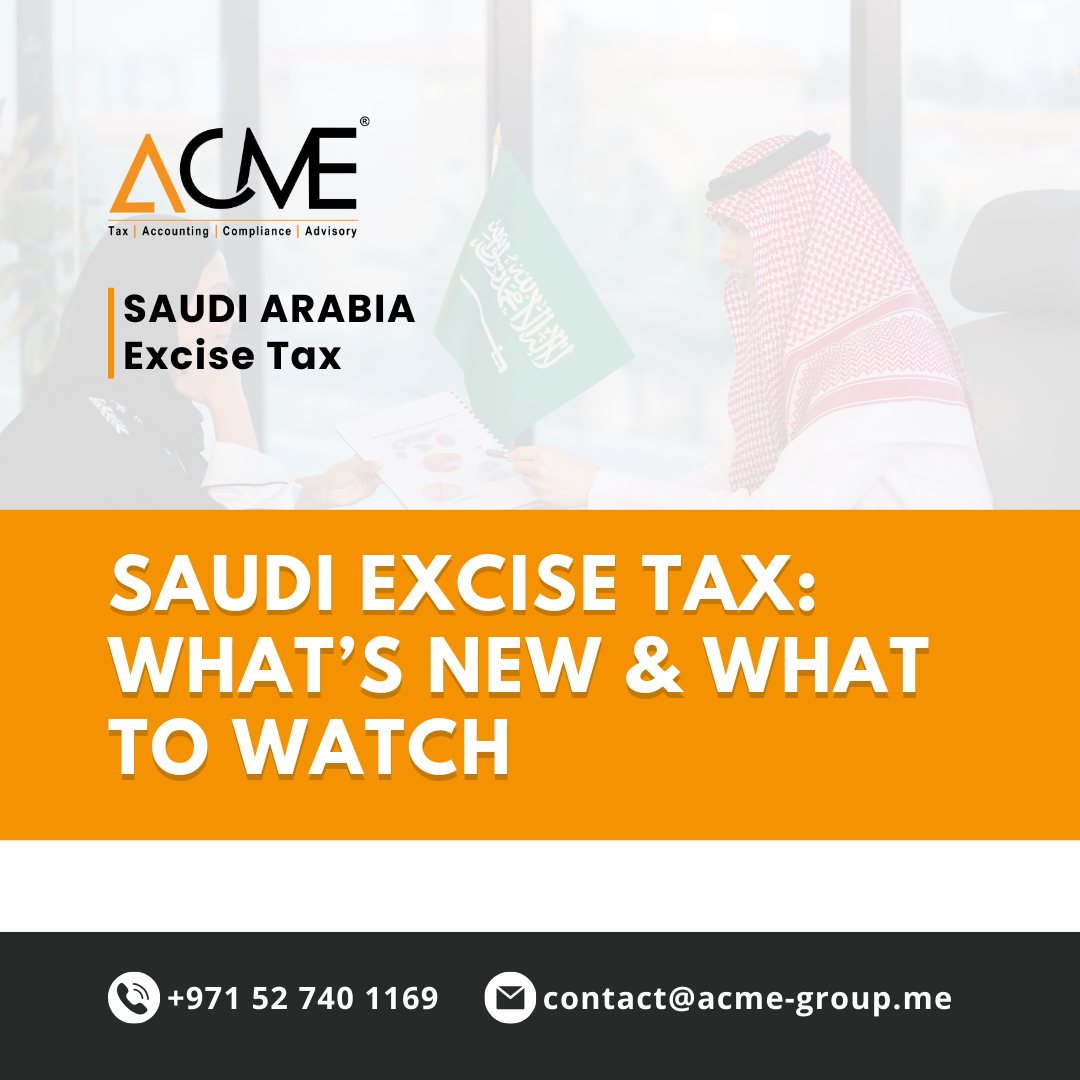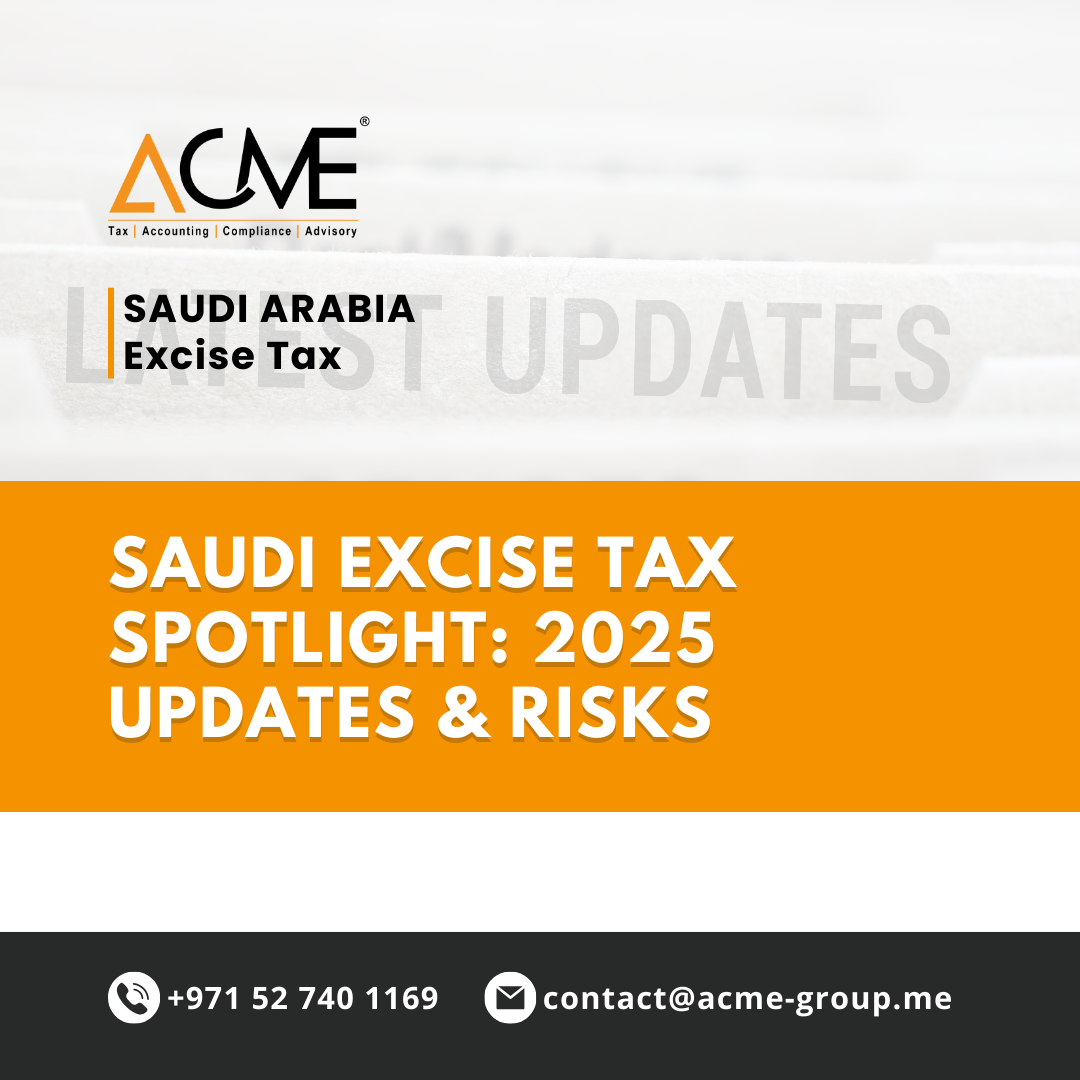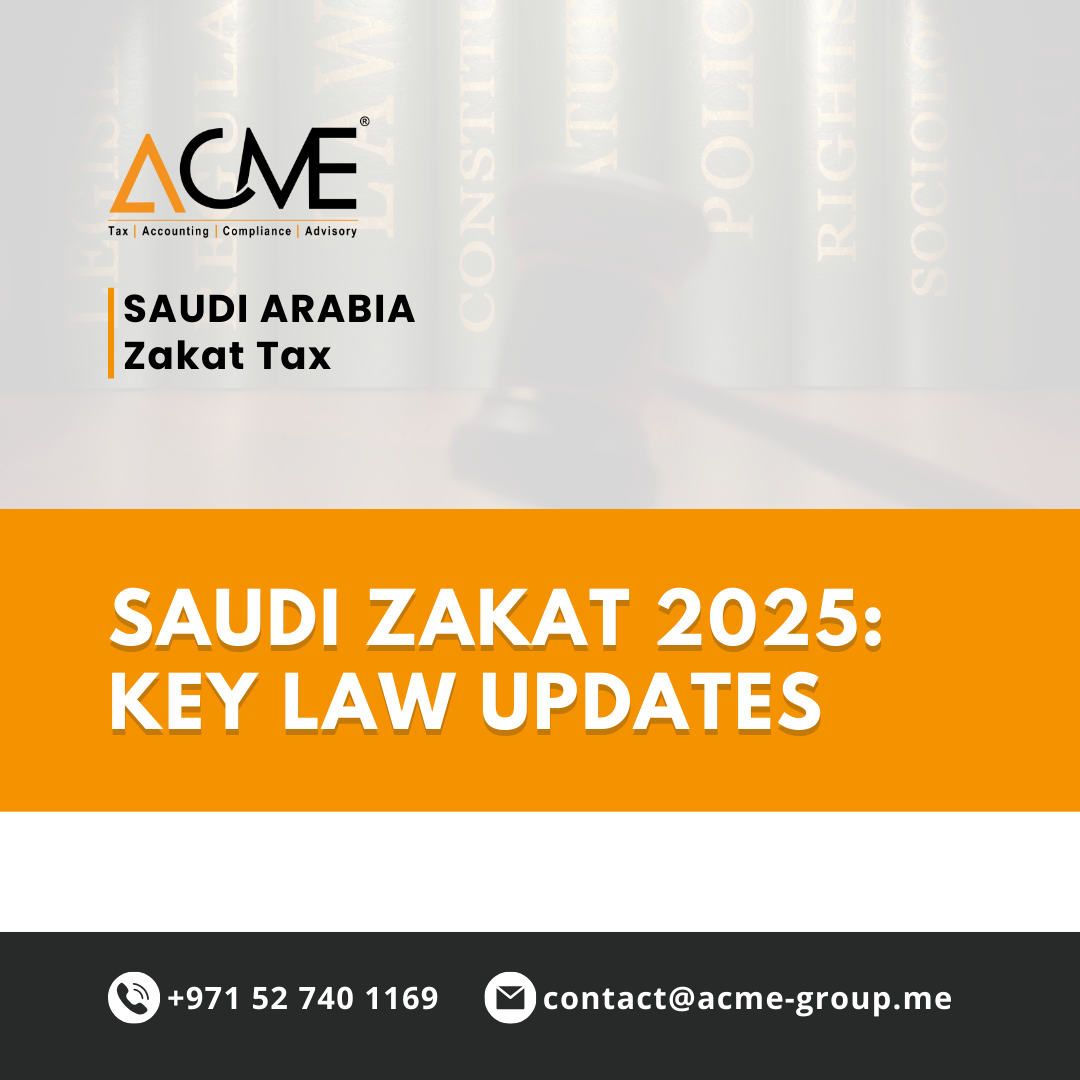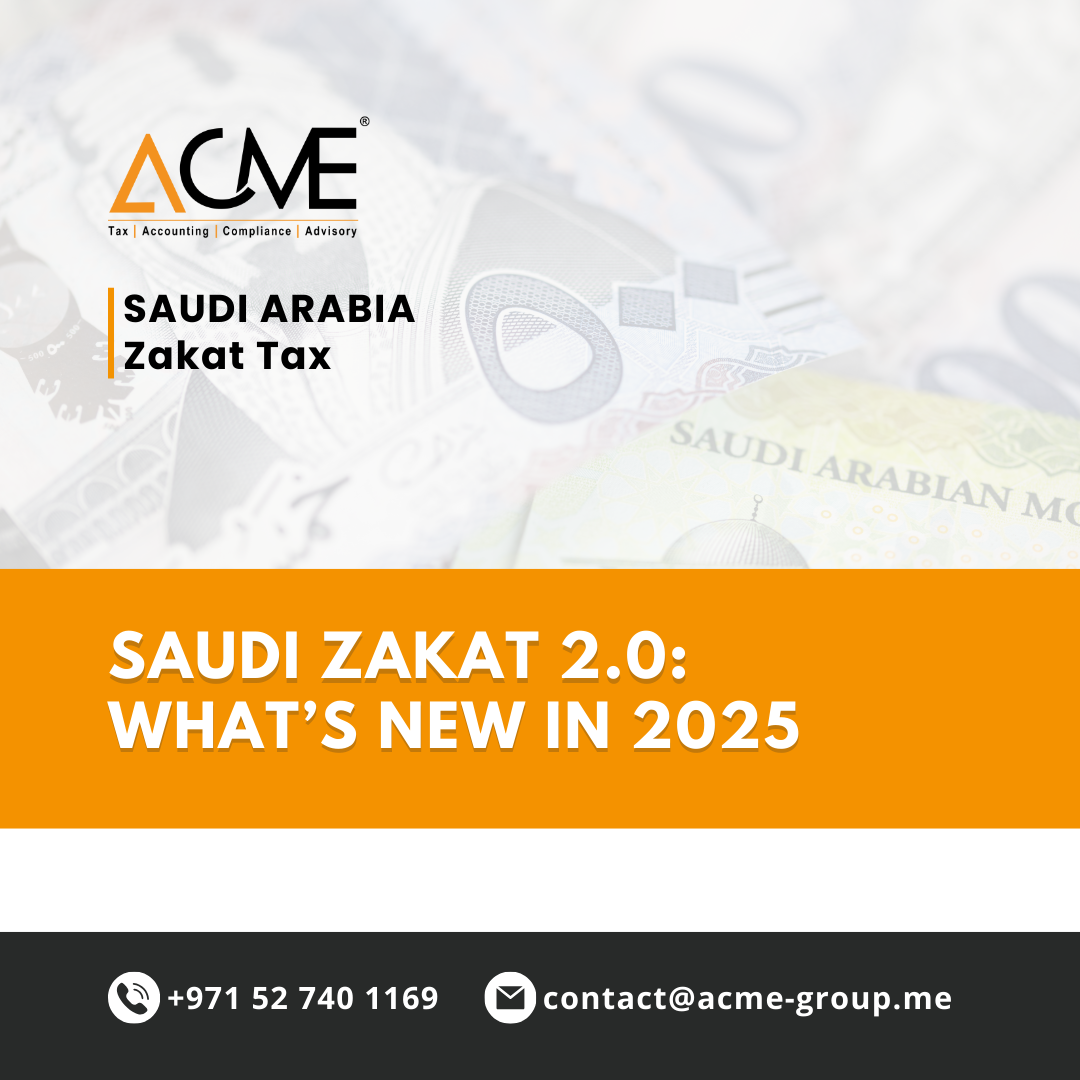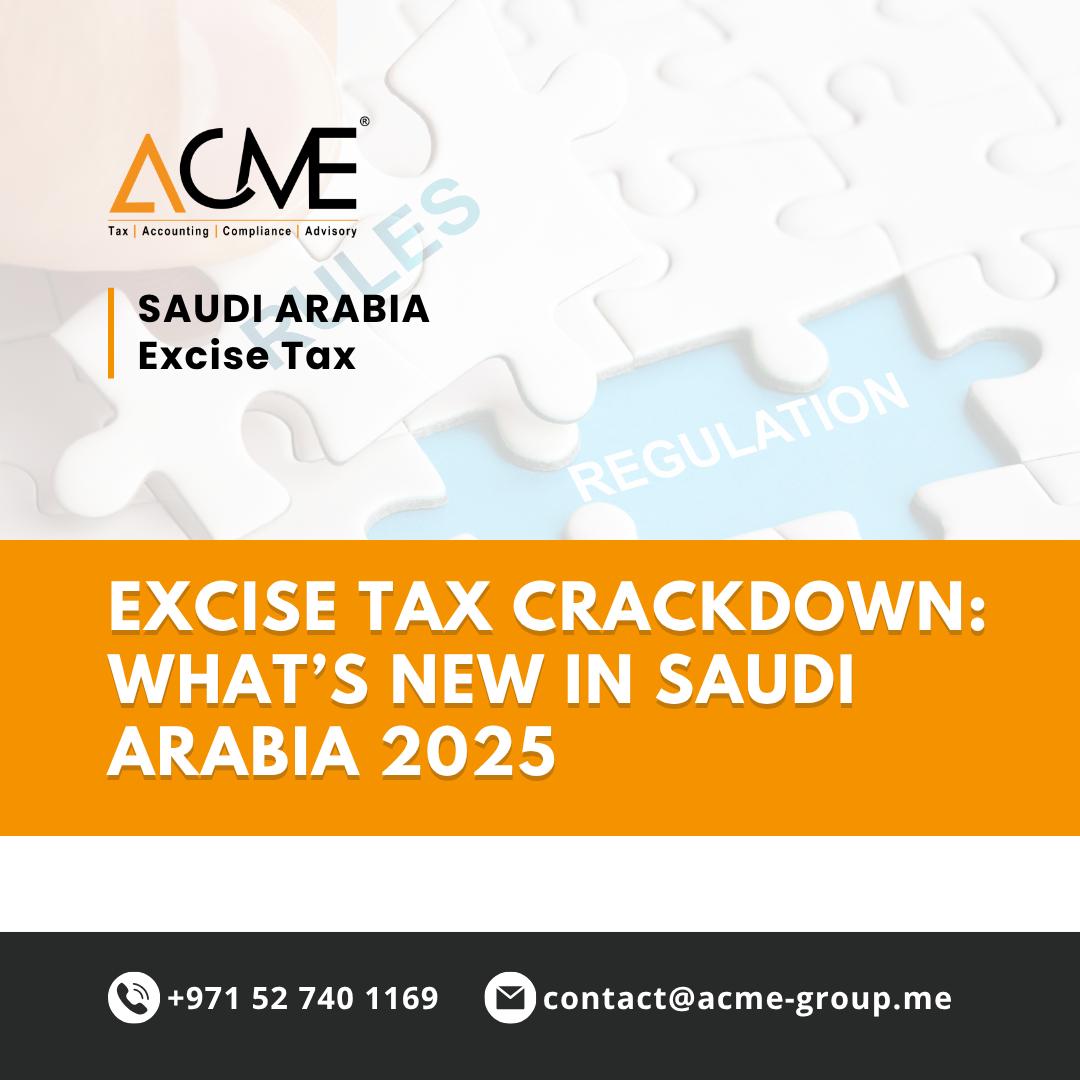In the complex world of international taxation, the concept of Permanent Establishment (PE) plays a crucial role in determining the tax obligations of non-resident entities operating in foreign jurisdictions. As a major player in the global business arena, Saudi Arabia has established clear regulations outlining what constitutes a PE and the implications for businesses. Here’s a detailed look at how Saudi Arabia defines and regulates Permanent Establishment, based on the latest guidelines from the Zakat, Tax and Customs Authority (ZATCA).
Defining Permanent Establishment
According to Saudi tax regulations, a PE is essentially a fixed place of business through which a non-resident entity carries out its business activities, either in whole or in part. This includes activities performed by an agent on behalf of the entity. The criteria for establishing a PE are pivotal for determining the tax liabilities of non-residents operating within Saudi Arabia.
Key Elements Constituting Permanent Establishment
Several elements can qualify as a PE in Saudi Arabia:
- Construction and Related Activities: This encompasses construction sites, assembly facilities, and supervisory activities linked to these operations.
- Natural Resource Exploration: Sites used for exploring natural resources, including drilling equipment installations, ships engaged in such activities, and related supervisory tasks, are considered a PE.
- Fixed Business Locations: Any fixed location where a non-resident natural person conducts business activities qualifies as a PE.
- Branches of Non-Resident Companies: Branches of non-resident companies that are licensed to operate in Saudi Arabia are also classified as a PE.
Exclusions from Permanent Establishment
Certain activities and locations, although they are within Saudi Arabia, do not qualify as a PE for non-resident entities. These exclusions include:
- Storing, displaying, or delivering goods belonging to the non-resident.
- Maintaining an inventory solely for processing by another entity.
- Purchasing goods or products merely for collecting information for the non-resident.
- Preparing contracts related to loans, supply of products, or performing technical services for signature.
- Conducting preparatory or auxiliary activities that support the non-resident’s interests without forming part of the core business operations.
- Executing any group of the above-mentioned activities.
The Role of Agents in Establishing PE
The involvement of agents is crucial in determining whether a PE is established. A dependent agent, who undertakes the following activities, may lead to the establishment of a PE:
- Negotiating or concluding contracts on behalf of the non-resident.
- Maintaining a stock of goods for regular supply.
- Engaging in insurance or reinsurance activities on behalf of the non-resident, even if the agent is not authorized to negotiate or conclude contracts.
Conclusion
Understanding the criteria for Permanent Establishment in Saudi Arabia is essential for non-resident entities conducting business within the country. By grasping these regulations, businesses can effectively manage their tax obligations and ensure compliance with Saudi tax laws. In the ever-evolving landscape of international business, clarity on PE guidelines is indispensable for smooth operations and regulatory adherence.
For businesses navigating the complexities of international taxation, staying informed about local regulations and guidelines, such as those pertaining to Permanent Establishment, is critical for maintaining compliance and optimizing business strategies.
Summary
In Saudi Arabia, a Permanent Establishment (PE) is defined as a fixed place of business through which a non-resident entity conducts its activities, either wholly or partially. Key elements include construction sites, natural resource exploration sites, fixed business locations, and branches of non-resident companies. Certain activities, like storing goods or conducting preparatory tasks, do not constitute a PE. The role of agents is significant; if an agent negotiates contracts or maintains inventory for the non-resident, it may lead to the establishment of a PE. Understanding these regulations is crucial for non-resident entities to manage tax obligations and ensure compliance with Saudi tax laws.
Disclaimer: The Content offer general guidance and should not be considered legal, financial, or tax advice. Consult qualified professionals for personalized guidance. While efforts have been made to ensure accuracy, no guarantee is provided for completeness or applicability to individual situations. Users are responsible for their interpretation and actions based on this information, at their own risk.
This article was published on 16 August 2024.
Download Corporate Tax Resources
-
Corporate Tax Calculation Guide
A simple guide to help you calculate corporate tax with ease.
-
Corporate Tax Checklist
Prepare with confidence for corporate tax returns and meet the regulatory obligations smoothly
-
Small Business Relief Guide
Our comprehensive guide simplifies complex regulations, and help you make informed decisions.
-
Transfer pricing guide
Refers to the rules and methods for pricing transactions between related entities within a multinational group.
Related Posts
Saudi Excise Tax: What’s New & What to Watch
Key Points: ZATCA’s Implementing Regulations for excise tax (Resolution No. 9‑1‑17, as amended) define all the updated rules for excise goods in the …
Saudi Excise Tax Spotlight: 2025 Updates & Risks
Key Points: ZATCA’s excise‑tax regime applies to producers, exporters, and holders of excisable goods under suspension or transitional phases. Producers must file …
Saudi Zakat 2025: Key Law Updates
Key Points: ZATCA’s Implementing Regulation for Zakat Collection (MR 1007, 1445H) now applies to fiscal years starting 1 Jan 2024 and replaces …
Saudi Zakat 2.0: What’s New in 2025
Key Points: New Zakat regulation (MR 1007, 1445 H) applies for fiscal years starting on or after 1 Jan 2024. Calculation method …
Excise Tax Crackdown: What’s New in Saudi Arabia 2025
In 2025, Saudi Arabia’s Zakat, Tax and Customs Authority (ZATCA) introduced updates to the Excise Tax Implementing Regulations to enhance compliance monitoring …
Join our Newsletter!
Receive updates on the latest News, Events, Webinar and more.
Our Services
-
Tax ServicesTax Services
-
Financial ServicesFinancial Services
-
AdvisoryAdvisory
-
ComplianceCompliance
Explore More
-
About UsAbout Us
-
Privacy PolicyPrivacy Policy
-
Contact UsContact Us

